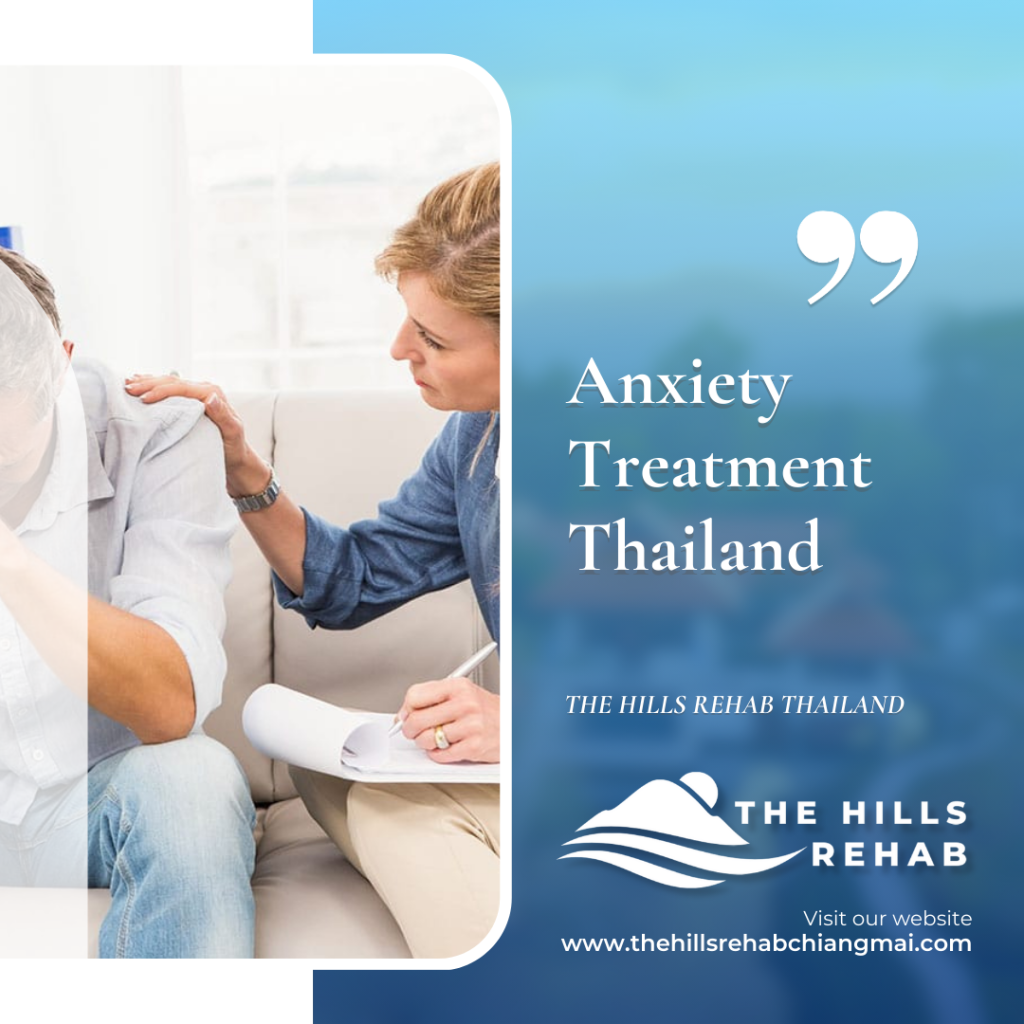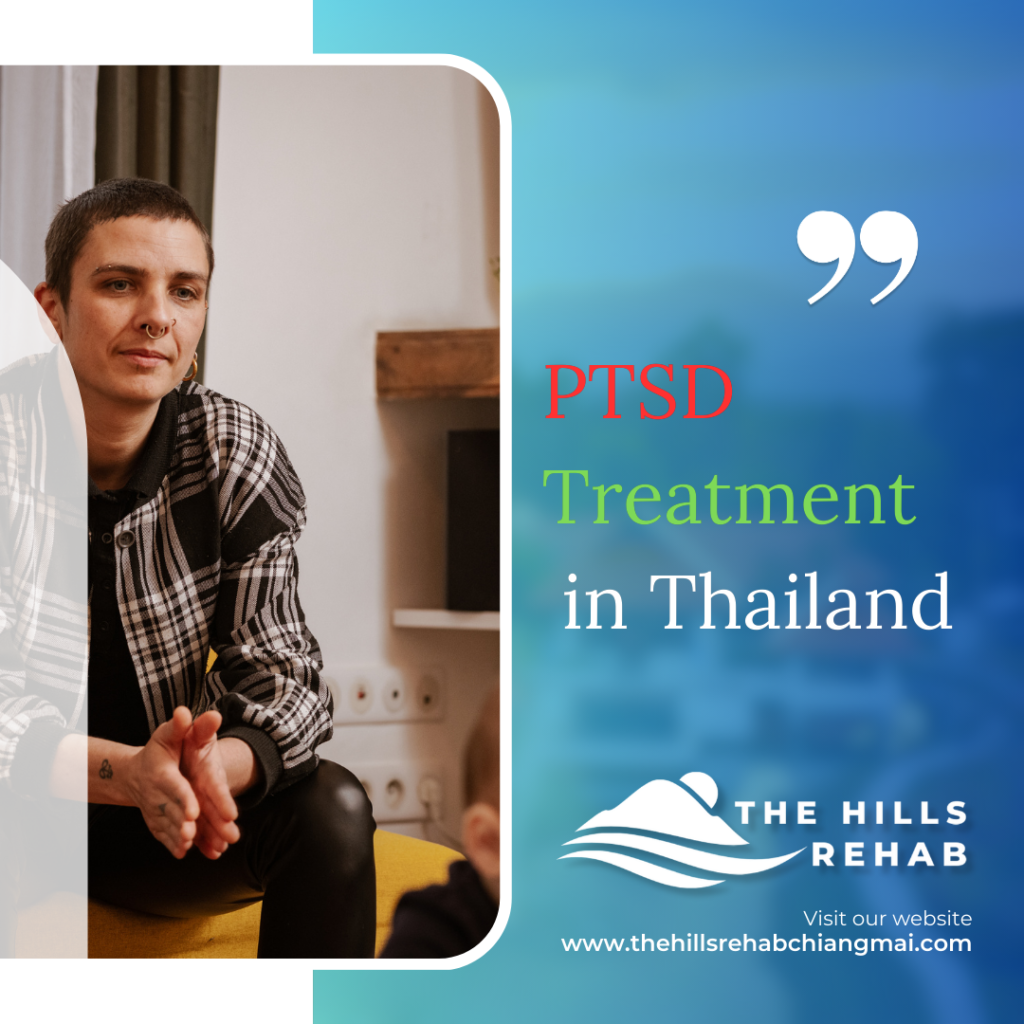EMDR Retreat : Healing and Transformation

Emdr Retreat Eye Movement Desensitization and Reprocessing (EMDR) is a groundbreaking therapy that has gained widespread recognition for its effectiveness in treating trauma and other psychological disorders. EMDR therapy offers a unique approach to healing and transforming the lives of individuals who have experienced distressing events or who are struggling with various mental health issues. […]
Anxiety Retreat

Anxiety Retreat Anxiety Retreat There are various types of anxiety disorders, including generalized anxiety disorder (GAD), panic disorder, social anxiety disorder and various phobia-related disorders. There are many treatments for anxiety. This includes various forms of therapy, mindfulness, meditation, yoga, fitness therapy, and medication when needed. We can help you determine the best treatment for […]
PTSD Treatment in Thailand

PTSD Retreat PTSD Retreat, also known as a post-traumatic stress disorder retreat or PTSD healing retreat, is a structured and therapeutic program designed to help individuals who are struggling with the symptoms of PTSD. These retreats offer a supportive and safe environment for people to learn coping skills, process trauma, and work towards healing and […]
